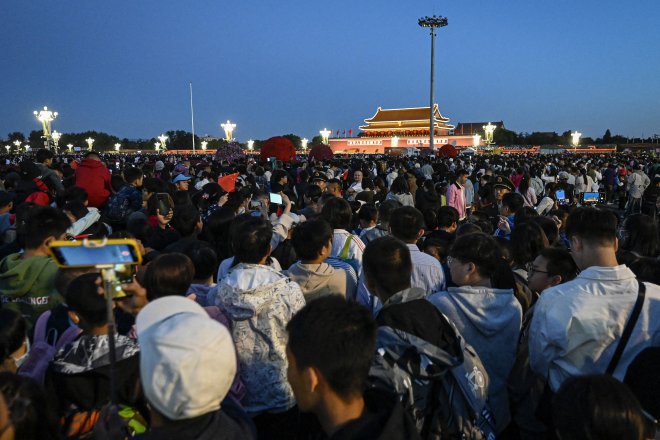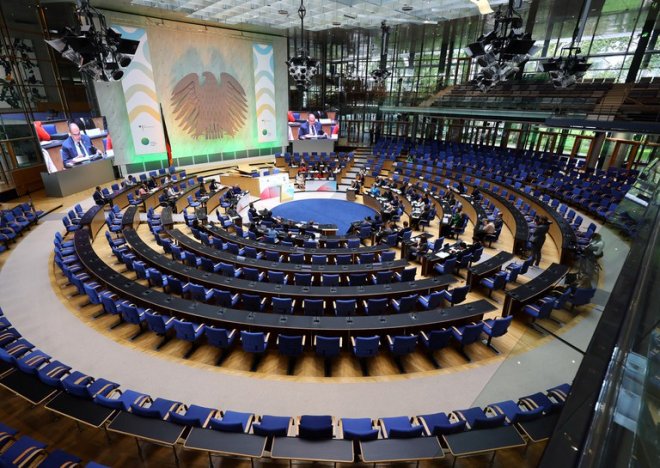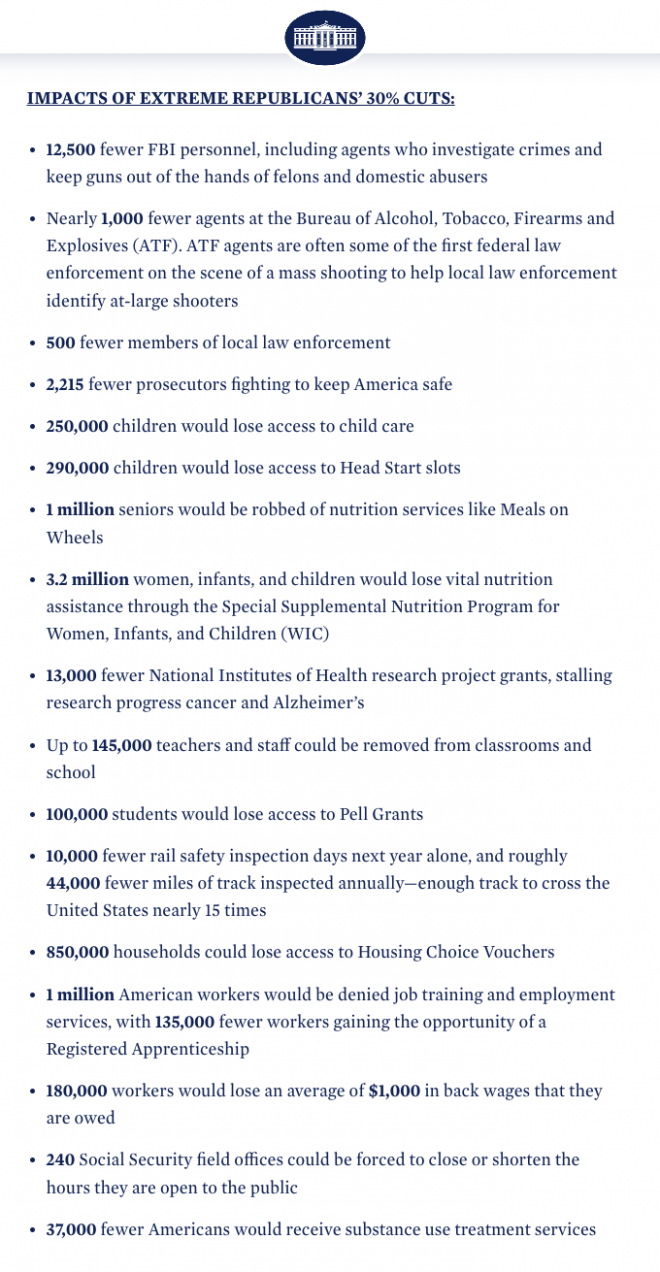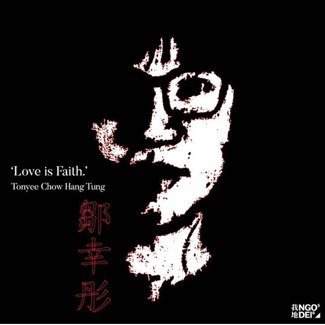"Don"t say things like "I"m bored to death, or "dead tired" or ... complain about how poor you are," the Communist Party mouthpiece said.
"You should say instead, that it"s not so bad, that you can handle it, and that everything will be fine," it said. "Remember, words are powerful!"
The exhortation – which comes amid widespread youth joblessness and disillusionment as the economy struggles to rebound after COVID-19 measures were lifted in December – sparked an outcry on social media.
"You people should be ashamed of yourselves – do you have no limits?" commented one user.
"Should it even be called the People"s Daily?" said another.
"So people who are hungry have to say they"re full?" commented @kantamenchangkuangdaojishi. "People who have already worked 12 hours have to say they can go on for another 12 hours?"
"People who have nothing to wear say they"re not wearing clothes because it"s too hot, and those who thirst have to pretend not to like water," the user wrote.
 A woman sleeps amongst cardboard boxes on a street in Hong Hong, April 25, 2022. Credit: Peter Parks/AFP
A woman sleeps amongst cardboard boxes on a street in Hong Hong, April 25, 2022. Credit: Peter Parks/AFPThe outcry comes amid the popularity of pop song about “lying flat,” dropping out and magically getting rich. China is seeing the growth of “young refuseniks” who reject the traditional fourfold path to adulthood: finding a mate, marriage, mortgages and raising a family.
‘Beautifying suffering’
Netease blogger Tricolor said the People’s Daily advice exudes "positive energy" of the kind frequently referenced by state media and Chinese leaders, "but in fact it is not helpful at all in solving actual problems."
"Some people just want to find the answers to their problems through talking, and take the pressure off by communicating," the blogger said, accusing the post of "beautifying suffering."
"Positive energy" has emerged as a political buzzword under President Xi Jinping that is often used to censor undesirable content from the country"s internet, media reports and even from tune menus in karaoke parlors.
Regarding the power of words, the blogger said the advice was tantamount to superstition, and inappropriate for an atheist country.
"Either just be open about your belief in gods and ghosts, or stop using mysterious words like that," they wrote.
 Residents line up for public transportation in Beijing, Aug. 15, 2023. Credit: Ng Han Guan/AP
Residents line up for public transportation in Beijing, Aug. 15, 2023. Credit: Ng Han Guan/AP‘Life is hard’
The "advice" has emerged on wellness channels on social media in recent months, at a time when many people have reduced incomes, or are unemployed.
"Everyone is feeling the pressure," a retired civil servant from Beijing who gave only the surname Zhao for fear of reprisals told Radio Free Asia. "Life is hard – everything is affected, including the job market, and a lot of workplaces have cut salaries."
A resident of the central city of Wuhan who gave only the surname Fang for fear of reprisals said complaining about hard times is natural.
"If your life isn"t going well, why wouldn"t you complain?" Fang said. "How can you say you"re doing great? How is that possible?"
"Life is hard right now, and I think it"s good for people to vent – they just want to sew people"s mouths shut so they stop talking," Fang said.
"People who say stuff like that are wealthy and powerful people who don"t have to worry about their next meal," she said.
 A recruiter talks with an applicant at a booth at a job fair at a shopping center in Beijing, June 9, 2023. Credit: Mark Schiefelbein/AP
A recruiter talks with an applicant at a booth at a job fair at a shopping center in Beijing, June 9, 2023. Credit: Mark Schiefelbein/APA teacher from the central province of Hunan who gave only the surname Li for fear of reprisals said the "advice" was worrying.
"It confuses right and wrong, black and white ... and runs against basic common sense, which is very scary," Li said. "People are going to complain if they"re poor and are having trouble getting by."
Economic woes
As the economy flags, unemployment rises and the property bubble bursts, local governments are struggling to pay the wages of government employees, who in turn have less disposable income to join the government"s consumption drive.
Xi"s record on the economy has prompted calls for a return to the export-driven economic policy of late supreme leader Deng Xiaoping.
Provincial authorities in the northeastern province of Liaoning, southwestern megacity of Chongqing, southwestern province of Yunnan and three other provinces have been busy issuing refinancing bonds this week to the tune of around 320 billion yuan, according to media reports.
The bonds will enable local governments to pay off debts that are coming due now, the 21st Century Business Herald website reported.
 A worker rests on the pavement in Beijing, Oct. 13, 2021. Credit: Noel Celis/AFP
A worker rests on the pavement in Beijing, Oct. 13, 2021. Credit: Noel Celis/AFPFinancial commentator Zheng Xuguang said the bonds are being issued to prevent a fiscal crisis.
“Taking out new borrowing to pay off older debts isn"t a solution to the underlying problem," Zheng said. "They just want to create a breathing space and prevent anyone defaulting on their debts."
He said most of the risk would be borne by banks, who are the main purchasers of the bonds.
Financial scholar Xiang Ling said more than half of China"s provinces are heavily in debt.
"Amid the economic downturn, the Chinese government"s financial deficit has been seriously underestimated," Xiang said.
Translated by Luisetta Mudie. Edited by Malcolm Foster.























